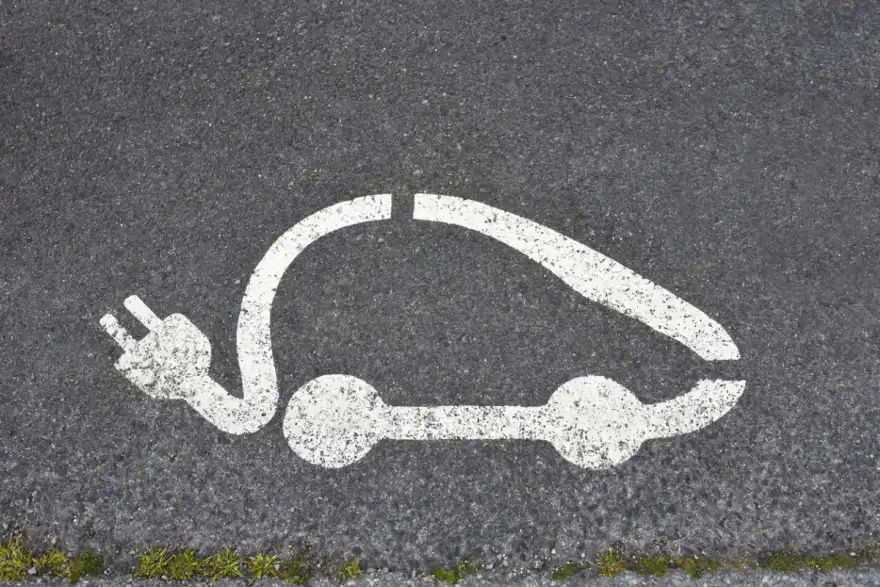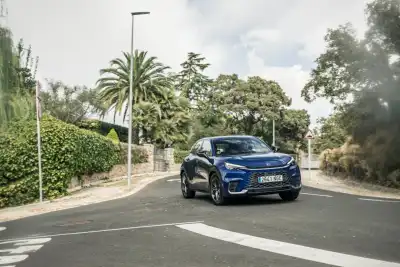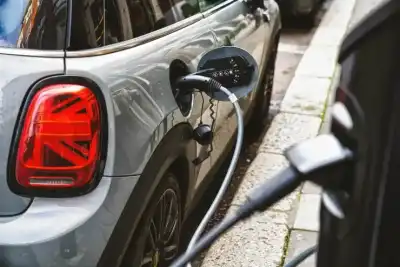
The UK's advertising watchdog has prohibited advertisements from BMW and MG that implied their electric cars produced 'zero emissions.' Last August, BMW featured a paid Google ad claiming 'Zero Emissions Cars - Download Your Brochure Today,' while MG made a similar 'Zero Emissions' assertion in a Google ad for its electric cars. The Advertising Standards Authority (ASA) contested both ads for presenting a misleading view of the vehicles' environmental impact.
According to ASA spokesman Toby King, "Both ads appeared on Google search and claimed their electric vehicles had 'zero emissions.' While we accepted this was true when driving, we determined this was misleading as they still produced emissions when manufactured or, depending on the electrical source, when charging. We've therefore banned these ads and told BMW and MG to ensure they don't make similar claims without robust evidence in the future."
In the ruling against MG, it was found that the ad's claim lacked explanation, and any 'zero emissions' assertion for electric or hybrid cars not explicitly stating that it related to emissions while driving was likely to mislead. Regarding the BMW ad, the ruling stated that "without material information to make clear to consumers what the claim was based on, and clarification that it was restricted to emissions only when driving, we concluded 'Zero Emissions Cars' was likely to mislead." Both car manufacturers have confirmed compliance with the legally binding ASA verdicts.
These recent rulings follow actions against Kia and Mercedes for misleading advertisements, suggesting that electric vehicle buyers could reasonably achieve official WLTP maximum range figures, even though both manufacturers recommended charging their vehicles' batteries to only 80 percent of maximum capacity.



